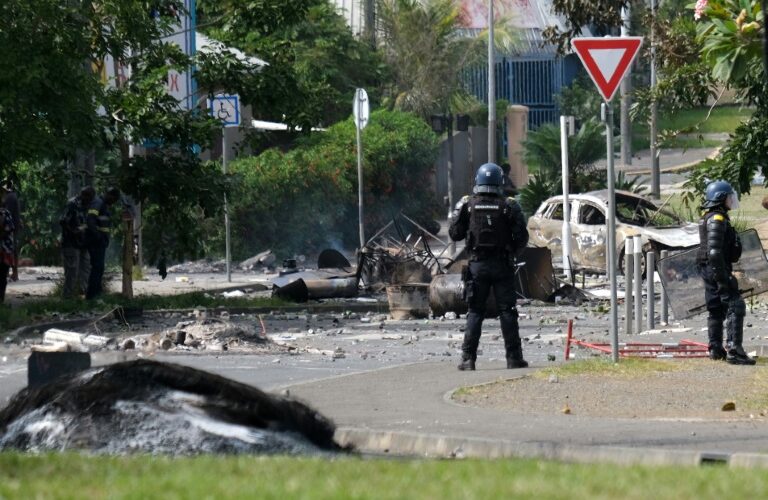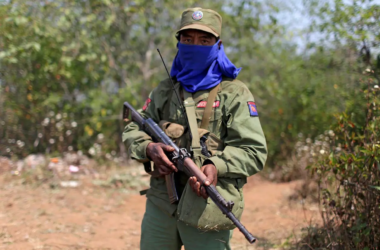France has declared a state of emergency in its Pacific island territory of New Caledonia in response to days of violent unrest triggered by changes to provincial election rules. The unrest has resulted in the deaths of three Indigenous Kanak people and a police officer, along with hundreds of injuries.
The violence, which began on Monday night, continued despite the implementation of an overnight curfew. The state of emergency took effect at 5 a.m. on Thursday (18:00 GMT on Wednesday), granting authorities extensive powers to conduct searches and make arrests.
The high commission, representing the French state in New Caledonia, announced that five individuals had been placed under house arrest as “alleged sponsors of the violent disturbances,” with additional searches planned. More than 200 “rioters” have been arrested so far.
The high commission emphasized its commitment to quickly restoring public order and taking all necessary measures to protect the population of New Caledonia. To aid in these efforts, a contingent of troops is en route from Marseille to secure New Caledonia’s international airport, which has been closed since the beginning of the week, as well as its ports.
The state of emergency is set to remain in force for 12 days. The unrest stems from a proposed amendment to the French constitution that would allow residents who have lived in New Caledonia for 10 years to vote in provincial elections. This amendment would alter the 1998 Noumea Accord, which limited voting rights and was intended to balance the political influence of the Indigenous Kanak people, who make up about 40 percent of the territory’s nearly 300,000 residents.
The Kanak community fears that the proposed changes will weaken their political position. This week’s violence erupted as the French National Assembly voted in favor of the amendment. For the new rules to take effect, a joint session of the National Assembly and the Senate is required due to the constitutional implications.
New Caledonia, located approximately 1,500 kilometers (930 miles) east of Australia, was colonized by France in the 19th century. The last significant unrest occurred in the 1980s and led to the Noumea Accord, which promised greater autonomy and three referendums on independence. In all three referendums, the most recent of which took place in December 2021, voters chose to remain part of France. However, pro-independence parties boycotted the final referendum due to the COVID-19 pandemic’s severe impact on the Kanak community.
Economic disparities between the Kanaks and residents of European descent remain substantial. Since the 1998 accord, about 40,000 people have moved to New Caledonia from France, further complicating the political and social landscape.








